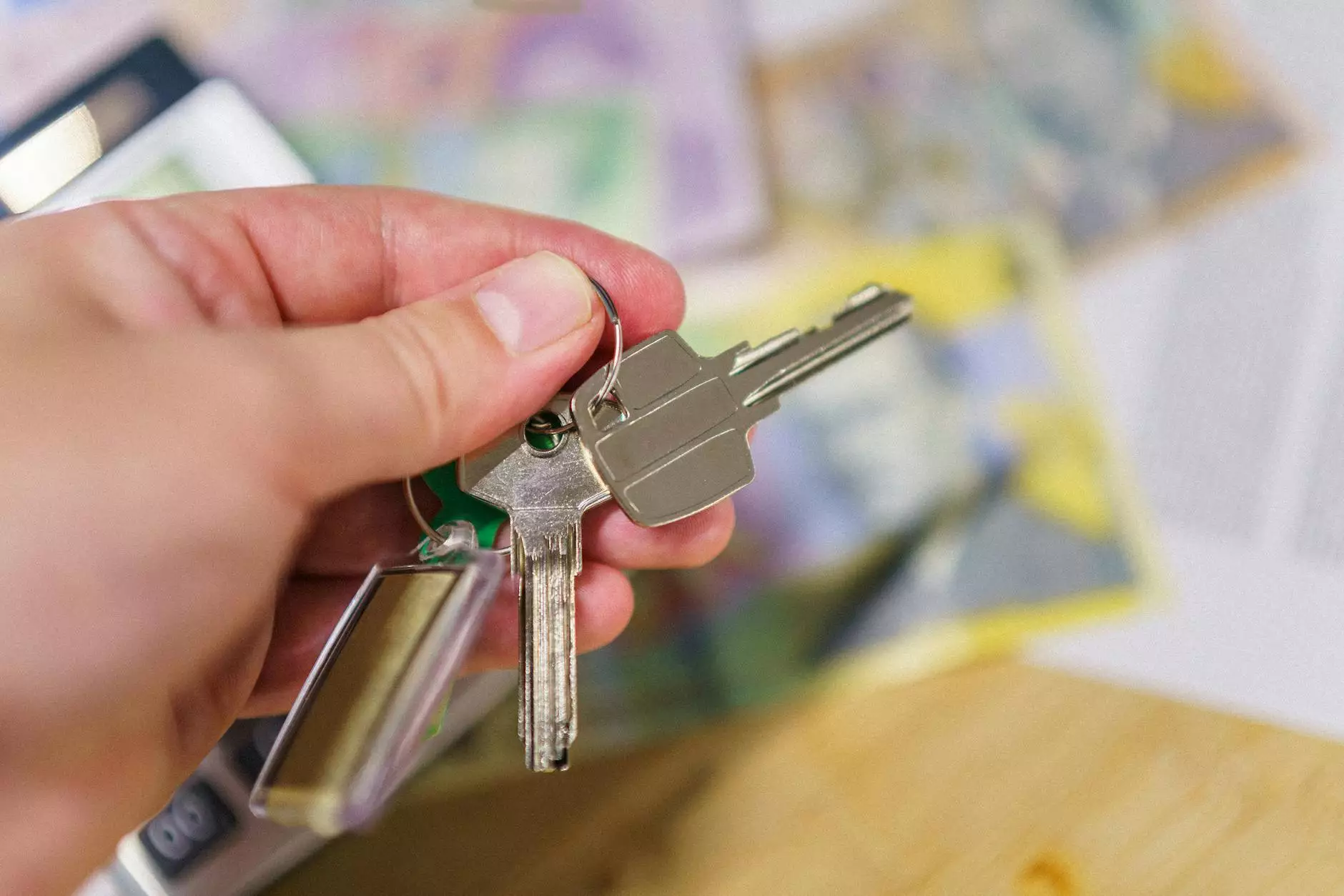Treatment for Foot Corns: Comprehensive Guide to Alleviating Pain and Discomfort

Foot corns are a common yet often painful condition that affects many individuals. These hard, thickened areas of skin typically develop on the toes or soles of the feet in response to repeated friction or pressure. Understanding the treatment for foot corns is critical for anyone experiencing discomfort or pain associated with these skin lesions. In this article, we will explore the causes, effective treatments, and preventative measures to ensure you maintain optimal foot health.
Understanding Foot Corns
Foot corns are a type of hyperkeratosis, where the skin thickens in response to chronic friction and pressure. They can be classified into two main types:
- Hard Corns: These are the most common type and usually develop on the tops and sides of the toes. They present as raised, dome-shaped bumps.
- Soft Corns: These occur between the toes and are usually softer due to moisture. They often appear whitish and may be more painful.
Causes of Foot Corns
Foot corns typically arise from a combination of factors, such as:
- Poor-fitting footwear: Shoes that are too tight or loose can cause friction, leading to the formation of corns.
- Abnormal foot mechanics: Conditions like bunions or flat feet may cause uneven pressure distribution, exacerbating corn development.
- High levels of activity: Frequent walking or running can increase friction on the feet, particularly in athletes.
- Inadequate foot care: Neglecting foot hygiene can contribute to the development of corns and other foot ailments.
Identifying Symptoms of Foot Corns
Recognizing foot corns is essential for appropriate treatment. Common symptoms include:
- Pain or tenderness: A corn may feel sensitive or painful when pressed.
- Thickened skin: There may be a hard bump on the toe or foot.
- Discoloration: The corn may appear yellowish or brown due to the thickened skin.
- Skin changes: Soft corns may exhibit a softer, more moist texture.
Effective Treatments for Foot Corns
When it comes to the treatment for foot corns, there are several effective methods ranging from home remedies to professional intervention. Here’s a detailed breakdown:
1. Home Remedies
Many mild cases of foot corns can be treated at home. Here are some effective remedies:
- Soaking and exfoliation: Soaking your feet in warm, soapy water for 10-15 minutes can help soften corns. After soaking, gently exfoliate the area with a pumice stone to remove thick skin.
- Moisturizing: Applying lubricating creams or lotions containing urea can help keep the skin soft and prevent further corn formation.
- Cushioning: Using pads or cushions can relieve pressure from the affected area, providing immediate comfort.
- Footwear adjustments: Wearing well-fitting shoes with adequate room can significantly reduce friction and pressure.
2. Over-the-Counter Treatments
If home remedies are insufficient, consider the following over-the-counter (OTC) products:
- Salicylic acid: Creams or pads that contain salicylic acid can help dissolve corns. Apply as directed, and avoid using on open skin or warts.
- Corn remover pads: These pads cushion the corn while delivering medication to soften the thickened skin.
3. Professional Treatments
In more severe cases or if home treatments fail, professional podiatric care may be necessary:
- Debridement: A podiatrist may carefully trim away the thickened skin using sterile instruments.
- Orthotics: Custom orthotic devices can help address abnormal foot mechanics and reduce pressure on corns.
- Radiofrequency ablation: This technique involves using radio waves to remove corns and can be performed in an office setting.
Preventing Foot Corns
Prevention is always better than cure. To prevent the recurrence of foot corns, consider the following strategies:
- Choose the right shoes: Opt for shoes that fit well, allow for foot expansion, and provide adequate arch support.
- Wear moisture-wicking socks: These help to reduce friction and keep the feet dry.
- Maintain foot hygiene: Regularly clean and moisturize your feet to promote healthy skin.
- Consult a podiatrist: Regular check-ups can help identify foot issues early before they lead to corns.
Conclusion
Understanding the treatment for foot corns can significantly enhance your foot health and overall quality of life. From home remedies to professional care, a variety of options exist to alleviate pain and prevent recurrences. If you have persistent issues with corns or experience severe pain, don’t hesitate to seek professional help from a qualified podiatrist.
At The Foot Practice, our dedicated team of podiatrists is here to provide comprehensive care tailored to your specific needs. Remember, healthy feet play a crucial role in your overall well-being. Prioritize your foot health today!









